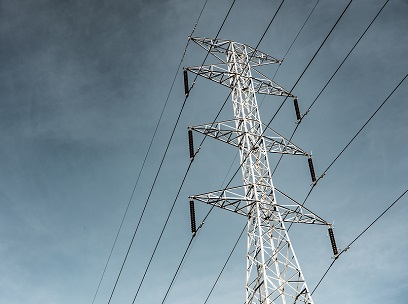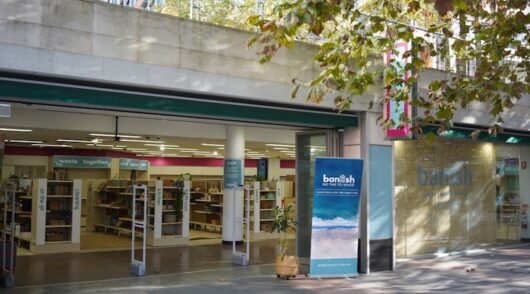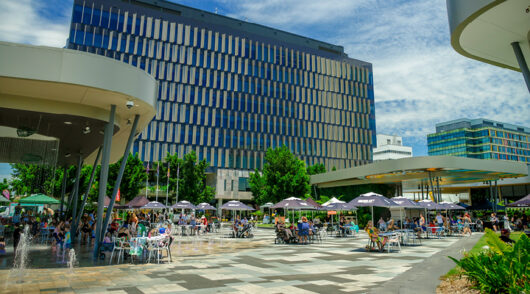A bill that is meant to lower power prices for Australian residents and businesses could instead bring new risks and unintended consequences.
Legislation proposed by the government in December would enable the ACCC to fine power companies and potentially force their break-up if they are found to be withholding savings from consumers or preventing competition in the market.
The government has argued these laws are necessary to ensure power retailers and generators do not make decisions that deliberately jack up the price of electricity.
In submissions to the Senate committee scrutinising the draft laws, however, energy companies and industry bodies argued the bill represents an overreach into the free market and could actually increase the cost of energy for end users.
“The Business Council supports lower electricity prices, but this will not be achieved by ad hoc and extreme intervention in the electricity market which brings new risks, unintended consequences and has never worked before,” Jennifer Westacott, chief executive of the Australian Business Council, wrote in a submission to the Senate committee scrutinising the draft laws.
The Council of Small Business Organisations Australia (COSBOA) was one of only two groups to submit a response to the Senate committee in favour of the draft laws, citing the growing problem of rising electricity costs for its members.
“In some cases, member organisations have reported that annual electricity costs for small businesses have increased by as much as 80 per cent in the last three years. This against a backdrop of CPI growth of less than 2.5 per cent per annum over the same period,” COSBOA wrote in its submission.
Russell Zimmerman, executive director of the Australian Retailers Association, told IR that rising energy prices are one of the chief reasons retailers are feeling stressed right now.
“Costs have literally gotten out of control,” Zimmerman said.
“It’s so expensive to operate a business now. Some [retailers] are affected more than others. Restaurants and cafes have much higher energy usage, but all retailers have to use lights and power and air conditioning in their stores.”
The ARA has put forward submissions on the topic of energy prices in the past, but did not put forward a submission on the bill presented in December.
The economics legislation committee is due to report on the proposals by March 18.
Public hearings will also be held next week in Sydney and Melbourne.






